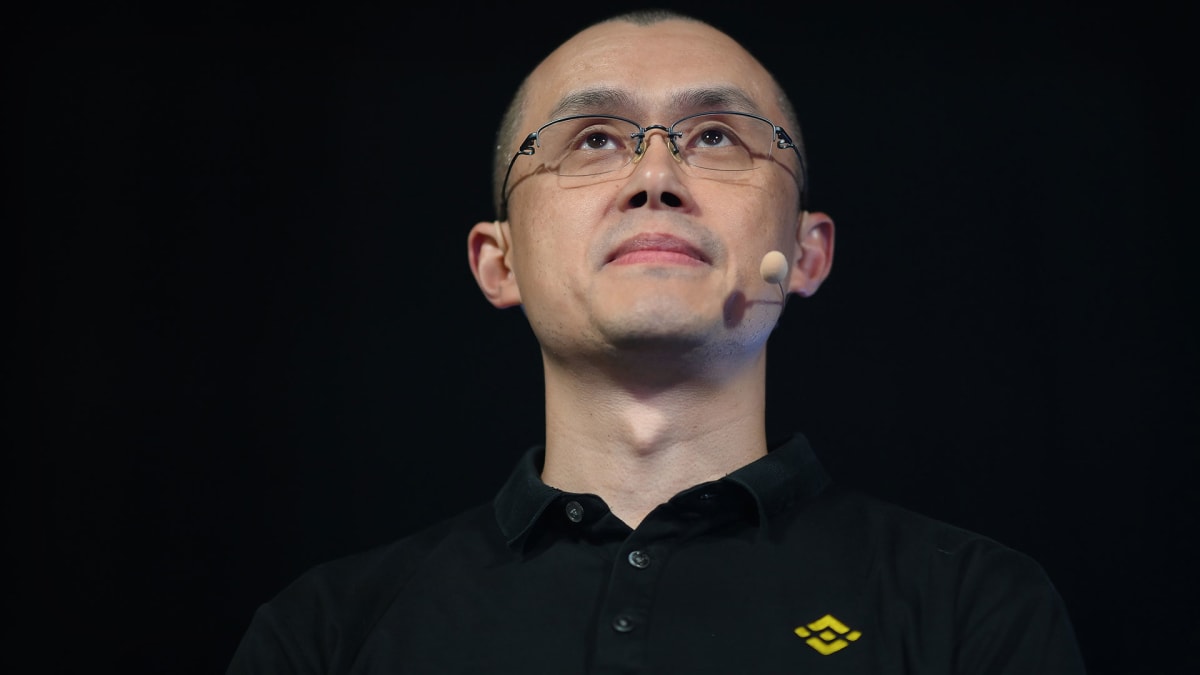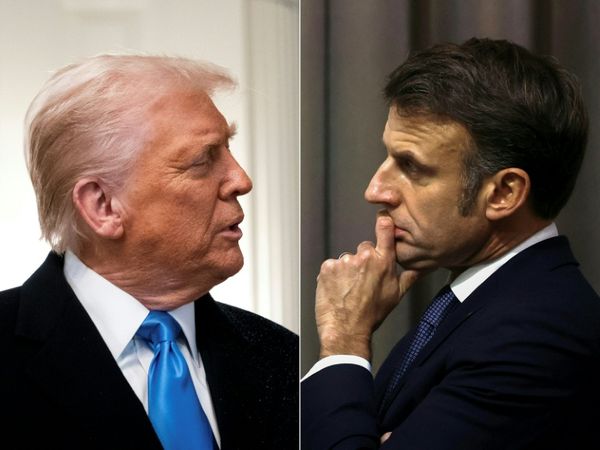
Dec. 11 was one of the crypto sphere's worst days, as two of its greatest players found themselves making headlines for the wrong reasons.
First is the arrest of Sam Bankman-Fried, the founder of FTX, after weeks of speculation that he misused the funds of clients and investors.
Bankman-Fried is being held in custody pending an extradition process, Ryan Pinder, the Bahamas attorney general, said on Dec. 12. He was arrested without incident at his apartment complex shortly after 6 pm ET on Monday in Nassau, the Royal Bahamas Police Force said in a statement.
His arraignment is scheduled for Dec. 13, and federal prosecutors in Manhattan plan to unseal the case against him.
SEC Alleges a 'House of Cards'
"Earlier this evening, Bahamian authorities arrested Samuel Bankman-Fried at the request of the U.S. Government, based on a sealed indictment filed by the [Southern District of New York]," Damian Williams, U.S. attorney for the district, said in a statement on Twitter on Dec. 12. "We expect to move to unseal the indictment in the morning and will have more to say at that time."
In addition, the U.S. Securities and Exchange Commission filed civil charges against Bankman-Fried.
"We allege that Sam Bankman-Fried built a house of cards on a foundation of deception while telling investors that it was one of the safest buildings in crypto," said SEC Chairman Gary Gensler.
"The alleged fraud committed by Mr. Bankman-Fried is a clarion call to crypto platforms that they need to come into compliance with our laws."
On the same day, Binance and its CEO, Changpeng Zhao, who had recently emerged as the new crypto king, were also hit with bad news.
U.S. prosecutors are considering filing money-laundering charges against Binance and some of its executives, including the CEO.
Some of the at least half a dozen federal prosecutors involved in the case believe the evidence that's been gathered justifies moving aggressively against the exchange and filing criminal charges against individual executives including founder Zhao, Reuters reported, citing people familiar with the matter.
Plea Deals Reportedly Are an Option
Other prosecutors have argued taking the time to review more evidence, the news service reported. Discussions with Binance are ongoing and include potential plea deals.
"As has been reported widely, regulators are doing a sweeping review of every crypto company against many of the same issues," a Binance spokesperson said in an emailed statement.
"This nascent industry has grown quickly and Binance has shown its commitment to security and compliance through large investments in our team as well as the tools and technology we use to detect and deter illicit activity."
The investigation began in 2018 and is focused on Binance’s compliance with U.S. anti-money-laundering laws and sanctions. At the end of 2020, the DoJ asked Binance to submit internal documents relating to how the firm ensured that users of its platform do not launder money, Reuters reported last September.
The DoJ also requested personal communications from Zhao, the news outlet said, citing a written request. In particular, the federal investigators wanted Binance to pass on to them the exchanges between Zhao and 12 other executives and partners regarding the detection of illegal transactions.
The DoJ was looking for any company records with instructions that "documents be destroyed, altered, or removed from Binance's files" or "transferred from the United States."
The DoJ investigation is based on the Bank Secrecy Act, which is designed to protect the U.S. financial system from unlawful interference. Companies that are subject to the Bank Secrecy Act must be registered with the U.S. Treasury's Financial Crimes Enforcement Network.
If the DoJ files charges against Binance and Zhao, it would be a huge blow for the crypto industry. He recently created a fund in which Binance has already put $2 billion to support companies experiencing cash-flow problems after the FTX rout.







